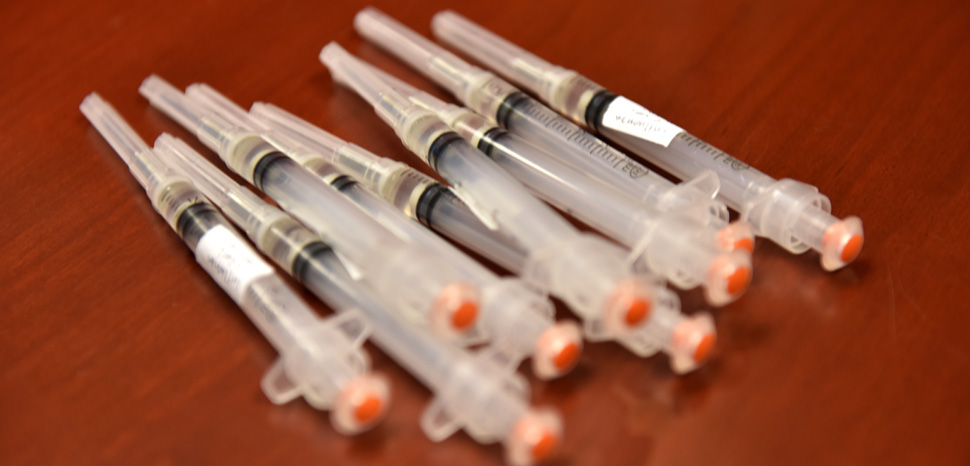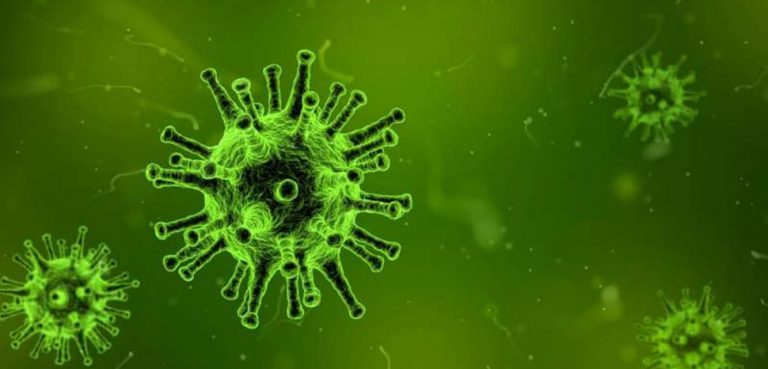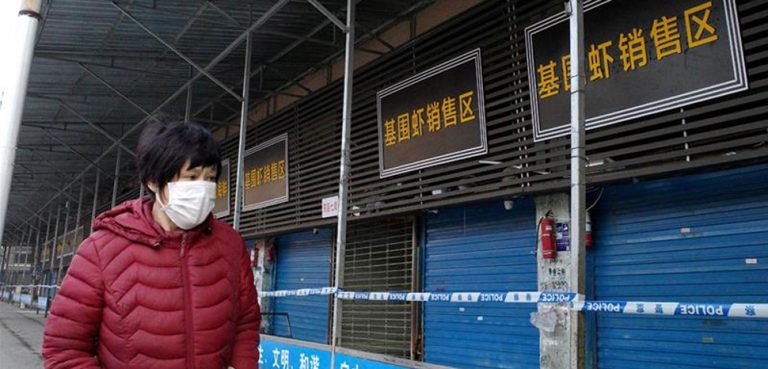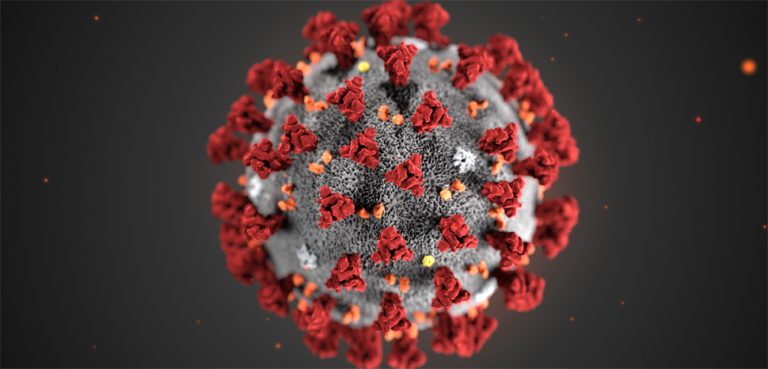Life in China life has returned more or less to normal.
Even though it was the first country in the world to be affected by the COVID-19 virus, the government currently reports low infection rates, which it attributes to lockdowns and restrictions on movement, most of which have since been eased.
There has also been a large-scale immunization program. More than a million people in China have received vaccines, including healthcare workers, soldiers and diplomats.
Zheng Zhongwei, the director of the Science and Technology Development Centre of China’s National Health Commission, explained the approach on television.
He said: “An emergency-use authorization, which is based on Chinese vaccine management law, allows unapproved vaccine candidates to be used among people who are at high risk of getting infected for a limited period.”
The technology used by the Chinese vaccine formulas is similar to that used to inoculate people against diseases such as polio.
“They are traditional vaccine technologies, through which you basically kill the virus itself and use it to deliver protection,” explains Dr Wu Zhiwei, Director of the Center for Public Health Research at Nanjing University.
Other scientists describe the Chinese vaccines as experimental or “novel.”
Yet Dr Wu says: “I’m pretty confident that they are safe, even though the clinical trials were suspended. For example, the Sinopharm vaccine is being tested on about 42,000 people. That is a very large trial population, so we should be able to quickly identify and prevent any serious side effects. I think if you look at the risks and the benefits, we should be encouraging people to take it,” says Dr Wu.
Professor Steve Tsang, Director of the SOAS China Institute, University of London, believes the narrative around the vaccines now forms part of a patriotic drive, which is being presented as “the people’s war” against the virus.
“Whereas in Europe and America the use of vaccines is determined by a process that puts the health and welfare of those who receive vaccination first, the Chinese Communist Party’s approach puts the reputation of China and its leader, Xi Jinping, first,” says Professor Tsang.
Patriotism may account for the surveys which suggest that 80 percent of people in China are prepared to receive a vaccine recommended to them by their government. Elsewhere, rates of trust are considerably lower, especially in countries where conspiracy theories have spread through the internet, fueling anxieties.
For most people, this is a baffling new field of science. As a result, it has been left to experts to make recommendations to governments. However, assessing the swathes of complex data is a huge challenge and there are at least five different types of vaccine being prepared.
Outside of China, the principal vaccine being used against COVID-19 is an RNA type, made by the US company Pfizer with its German partner, BioNTech. Since early December, it has been rolled out in the UK, with 800,000 doses given to the very elderly and frontline health workers. The Pfizer-BioNTech RNA vaccine has also been approved for use in Canada and the United States, after it passed three stages of clinical trials, which were independently appraised by regulators.
The Chinese vaccines have not been tested to such a degree. Nevertheless, some countries are impressed by what they have seen and are preparing to use the Chinese formulas on their citizens.
Sinovac has sent 1.2 million vaccine doses to Indonesia. Other countries which have partnered with China in the vaccine development program – such as Mexico, Brazil and Turkey – are also set to receive Chinese vaccines in large quantities. Morocco is aiming to vaccinate 80% of its adults in an operation starting this month, using a Chinese formula.
There are some drawbacks to the Chinese vaccines. They may be easy to store and distribute but it is not clear how effective they are in protecting people for long periods of time. Patients will generally require booster jabs at regular intervals.
Dr Wu from Nanjing University recognizes the limitations but notes that one of the key problems with the Pfizer formula is that it must be transported and stored at ultra-low temperatures, which will hamper its distribution in developing countries.
As well as the logistical issues, the other key factor is politics.
President Xi Jinping has vowed to make vaccines available around the world as a “global public good” and has said that China will seek to ensure its vaccines go to developing countries for free, or at affordable prices.
China is a part of Covax, a global alliance of 189 countries that have pledged to equitably distribute vaccines. The US is not part of that group.
Dr Wu says: “Distribution should be based on need, rather than wealth. Past experience shows that if a virus is rife in one country, other countries will not be immune, because disease spreads across borders. China’s approach is in line with President Xi’s commitment to fight the pandemic internationally.”
On the face of it, the politics of the vaccine seem to reveal more rivalry between China and the United States. However, there are areas in which researchers collaborate. For example, Sinovac is in partnership with California-based Dynavax Technologies, which is listed on the Nasdaq exchange. The Wuhan Institute of Biological Products, an affiliate of state-owned Sinopharm Group, is also involved in their project.
Despite the dedication of the scientists, Professor Tsang from SOAS is concerned that China is using vaccine diplomacy to bolster its international image, which was tarnished by claims of a cover-up during the first stage of the pandemic.
“Until we know how effective the Chinese vaccines are – and what side effects they have, if any – we will not know if the Chinese government’s bet will work or not. The Communist Party’s approach would not be acceptable to any government that puts the rights and welfare of individuals above the image of its leader,” he says.




